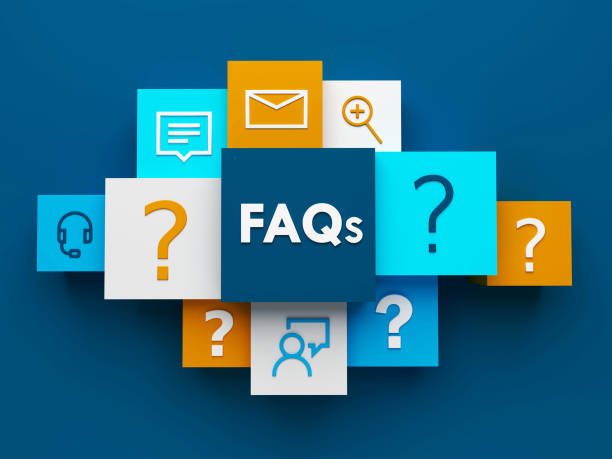Understanding SBA Loans: A Complete Guide for Small Businesses
Understanding Financing Terms: Answers to FAQs That All Business Owners Need to Know

Frequently Asked Questions
-
What is an SBA Loan?
An SBA Loan is a loan provided by private lenders but guaranteed by the U.S. Small Business Administration (SBA). This guarantee allows lenders to offer favorable terms to small businesses.
-
What can I use the SBA Loan for?
SBA Loans can be used for a variety of business purposes, including working capital, purchasing inventory or equipment, refinancing other debts, and more.
-
How long does it take to get approved for a traditional bank loan?
The approval time can vary based on the loan type and amount, but generally, it can take anywhere from a few weeks to a few months. It's crucial to provide all required documentation promptly to speed up the process.
-
What are the interest rates for SBA Loans?
Interest rates for SBA Loans are typically competitive and are based on the prime rate, plus a markup. The exact rate will depend on various factors, including the loan amount and term.
-
Do I need collateral for an SBA Loan?
Depending on the loan amount and purpose, collateral might be required. The SBA and lenders will evaluate the available collateral before determining loan terms.
It's important to note that optimal working capital levels can vary widely depending on the industry, business model, and other company-specific factors. For instance, a business model that relies heavily on e-commerce might have different working capital needs compared to a capital-intensive manufacturing company.
-
What are current assets?
- Cash: The most liquid asset, it includes cash on hand and deposits in banks.
- Accounts Receivable: Amounts that customers owe the company for products or services sold on credit.
- Inventory: This includes raw materials, work-in-process, and finished goods that a company holds.
- Short-term Investments: Also known as marketable securities like treasuries. These are investments that a company plans to convert into cash within a year.
- Prepaid Expenses: These are payments made in advance for services or goods to be received in the future.
-
What are Current Liabilities?
- Accounts Payable: Amounts the company owes to suppliers for goods or services purchased on credit.
- Short-term Debt: Loans or other financial obligations that need to be repaid within a year.
- Accrued Liabilities: Expenses that have been incurred but not yet paid. This could include wages, taxes, and other services that have been used but have not yet been billed.
- Unearned Revenue: Payments received in advance for products or services that will be delivered in the future.
- Current Portion of Long-Term Debt: The portion of long-term debts that are due within the next 12 months.
For general inquiries please contact [email protected]
Take Action Today: Empower Your Business
Are you ready to take the first step in your transformative business journey? Your next step towards unlocking your business potential is to explore the funding opportunities available for your business. We can offer expert insights and critical thinking to aid you in making the best decision.
Apply for working capital today, and let SLS be the catalyst that propels your business toward new levels of success and prosperity.
Apply Online